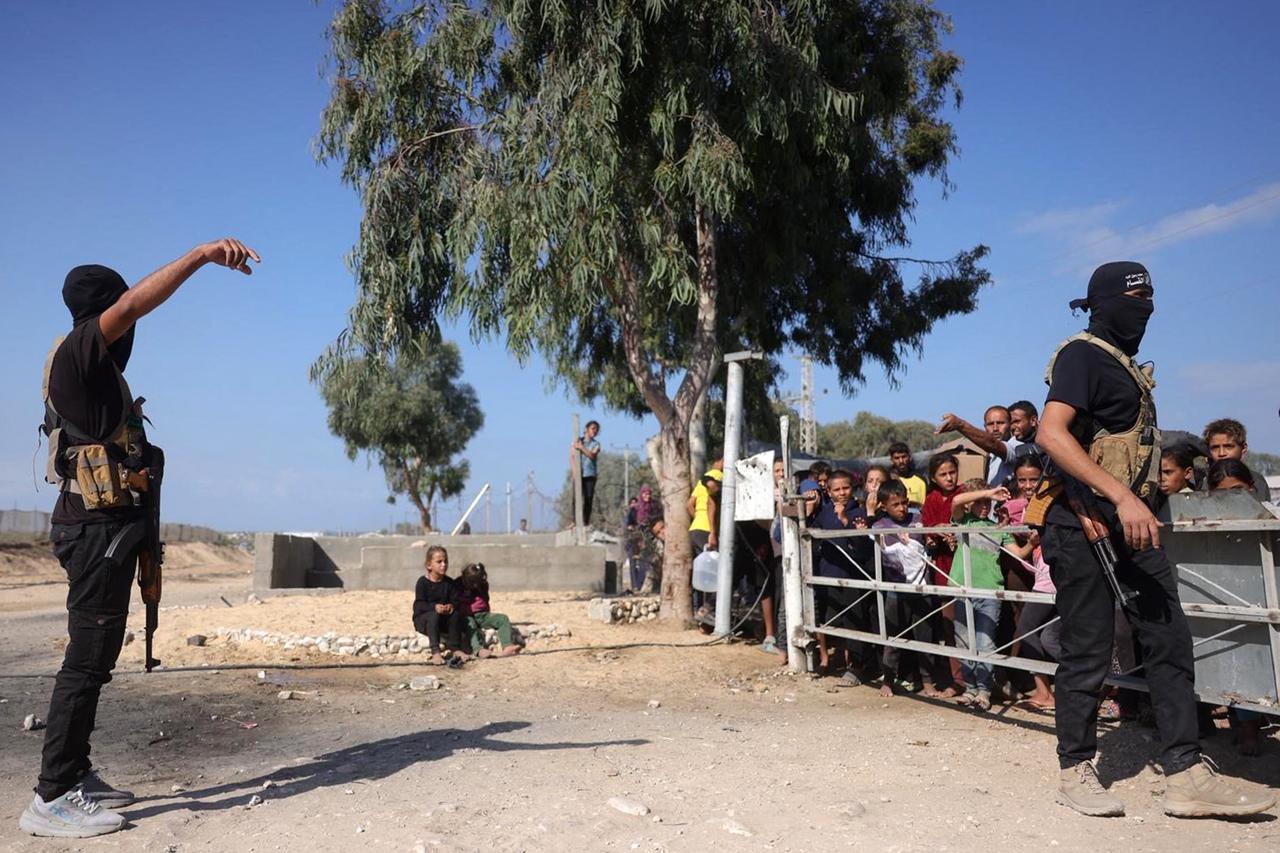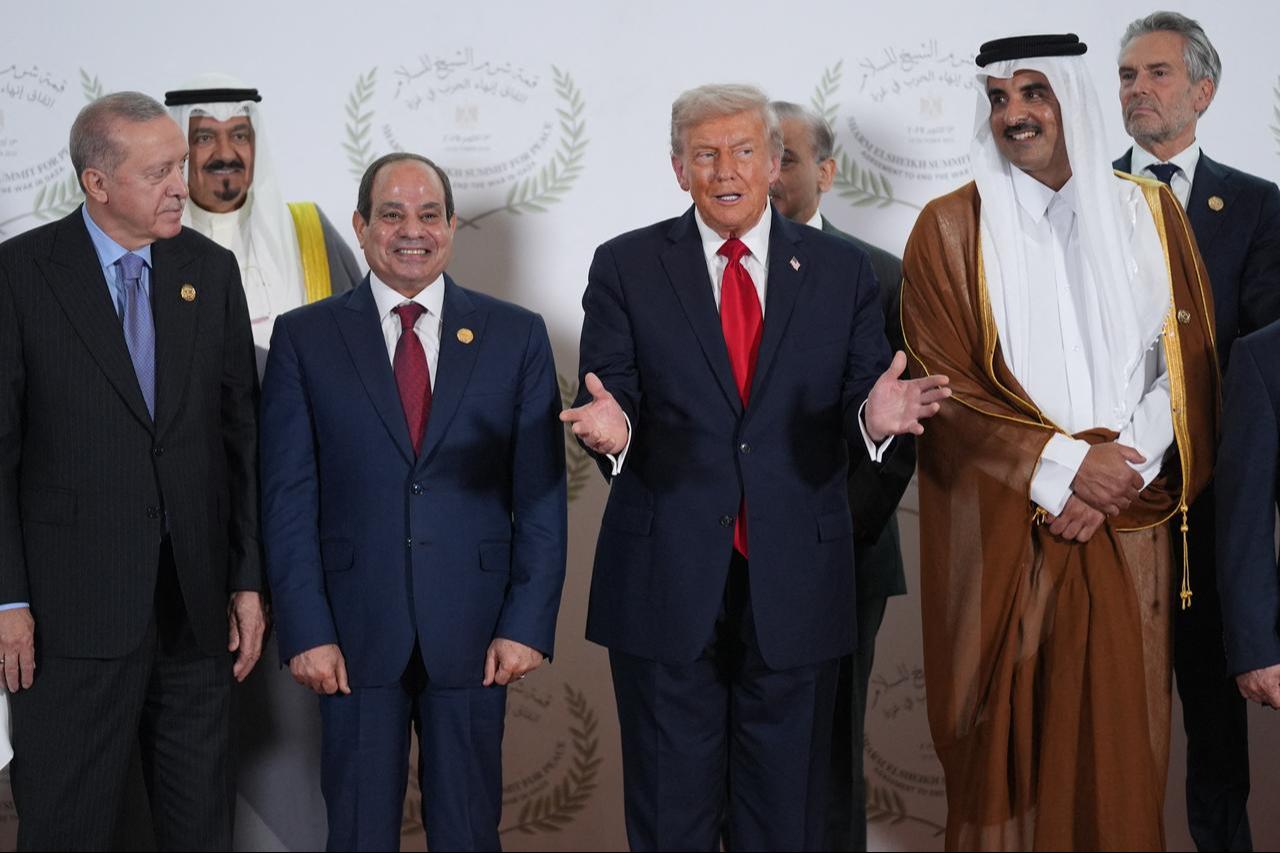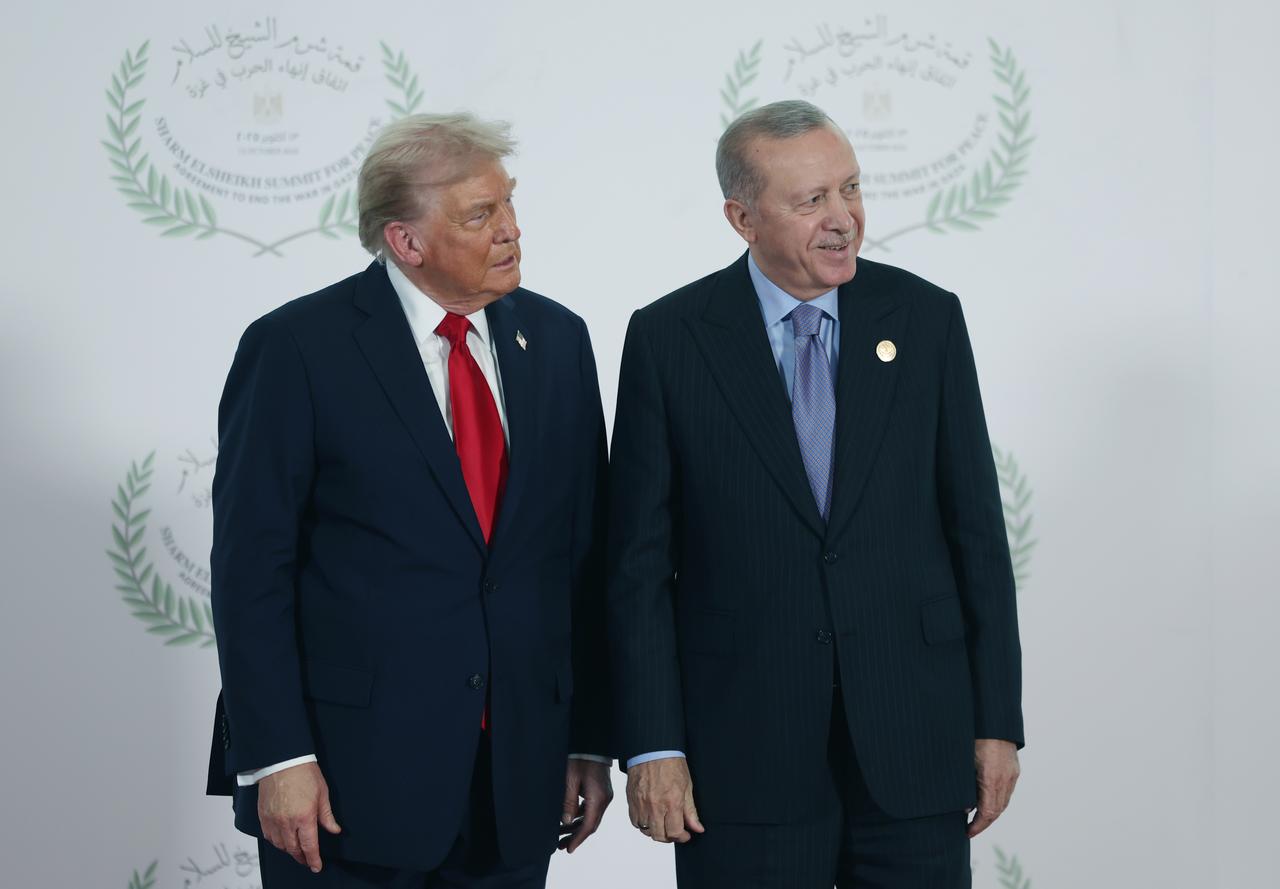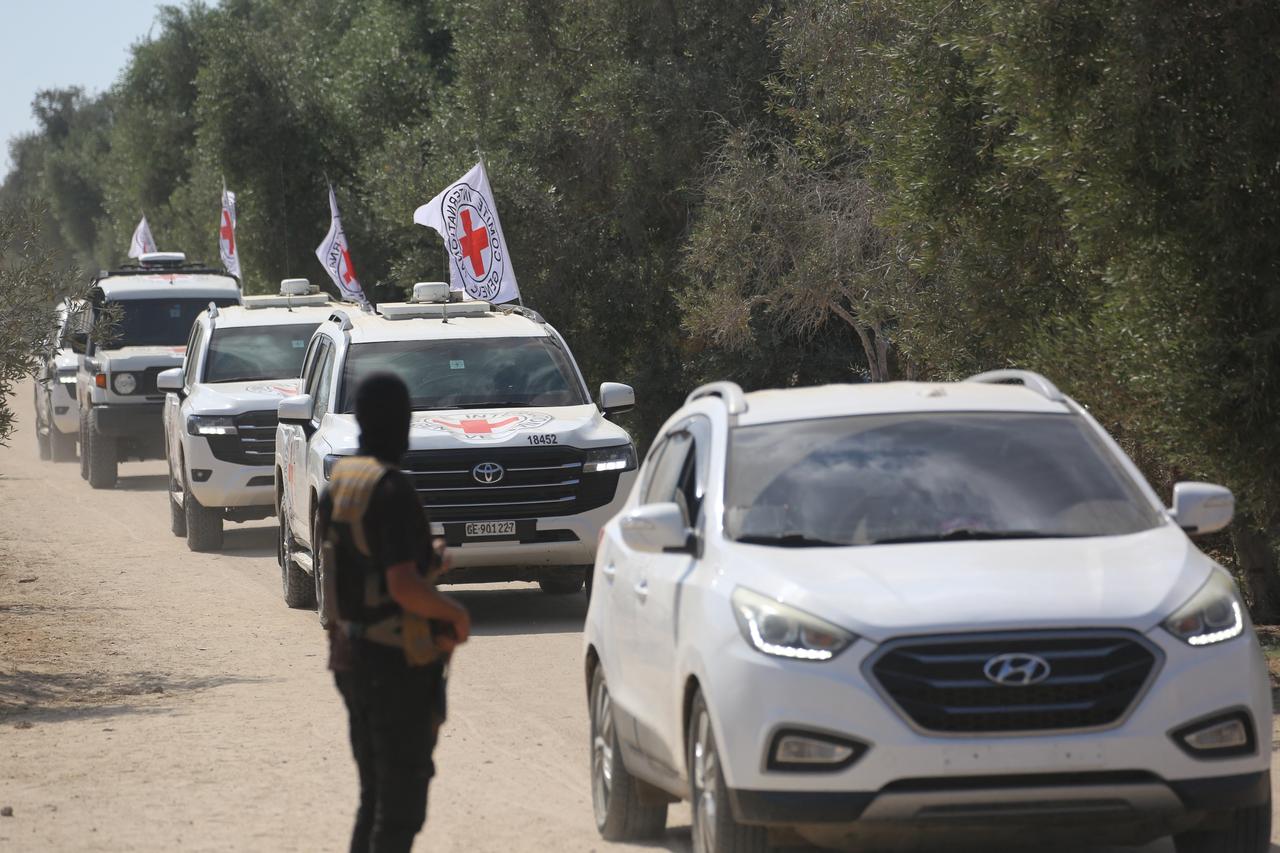
Türkiye, Qatar and Egypt threatened to strip Hamas of all political and diplomatic cover, forcing the militant group to accept a ceasefire deal it initially rejected, according to a Wall Street Journal (WSJ) report published on Tuesday (Oct. 14), citing officials familiar with the negotiations.
The coordinated pressure campaign culminated when the three nations warned Hamas leader Khalil al-Hayya that refusing U.S. President Donald Trump's peace plan would result in Qatar and Türkiye no longer hosting the group's political leadership and Egypt ending support for Hamas' role in Gaza's postwar governance, the officials told the WSJ.
U.S. Ambassador to Türkiye Tom Barrack praised the effort on Wednesday, posting: "Thank you and congratulations, Türkiye," while citing the Journal's report titled "A Coordinated Squeeze Forced Hamas to Accept a Deal It Didn't Want."

According to WSJ, when al-Hayya first saw Trump's peace proposal demanding Hamas disarm with few concrete guarantees Israel would end the war, "his immediate reaction was no," officials familiar with the discussions told the Journal.
The plan had been heavily amended by Israel and presented by Qatar's prime minister and Egypt's spy chief.
But two days later, Hamas reversed course and accepted the deal. "The deal hadn't changed. The pressure on Hamas had, the WSJ reported.
"Egypt and Qatar told al-Hayya the deal was his last chance to end the war," according to the officials. They pressed Hamas to understand that holding hostages was becoming "a strategic liability, giving Israel a source of legitimacy to keep fighting."
The following day, joined by Türkiye, the mediators delivered their ultimatum: approve the plan or be stripped of all support. It was enough to get Hamas to agree to release all hostages and sign Trump's peace deal, "giving up what had been its most important bargaining chip to keep a seat at the table," the WSJ reported.

Trump's cultivation of President Recep Tayyip Erdogan proved crucial to the breakthrough, according to the report.
After being sidelined by President Joe Biden following years of diplomatic tension, Erdogan received his first White House meeting in more than five years in September.
"That reinforced Trump's view that Erdogan is the go-to guy to force Hamas," Gonul Tol, a senior fellow at the Middle East Institute, told the WSJ.
Erdogan also presided over a United Nations meeting of leaders of Muslim-majority countries discussing the Gaza resolution.
He dispatched intelligence chief Ibrahim Kalin to join hostage talks in Sharm el-Sheik, Egypt, adding to "the sense that the region was speaking with one voice in favor of a deal," the report stated.
The campaign forcing Hamas to accept unwanted terms resulted from weeks of Trump team efforts to coordinate Middle East powers, including Egypt, Qatar and Türkiye, into a unified push, according to the Journal's analysis.

"Hamas themselves have been under a lot of pressure from regional mediators," Tahani Mustafa, a visiting fellow at the European Council on Foreign Relations, told the WSJ.
"Hamas also knows that they're probably not going to politically survive this if things continue down this route, especially given that their popularity is declining," Mustafa noted.
Hamas faced multiple pressures: being short on funds, barely maintaining guerrilla warfare against Israeli forces controlling much of Gaza, and confronting a Palestinian public suffering "hunger and ruin" who "just wanted the war to be over," the report stated.
Hamas had already shown willingness to make concessions before Trump's plan emerged.
In August, the group dropped demands for a complete Israeli withdrawal from Gaza's Egyptian border corridor and security zones around Israel's borders, Arab mediators told the WSJ.

The balance of power in the Middle East had shifted significantly, creating breakthrough conditions. Military campaigns against Lebanon and Iran left Arab nations increasingly wary of Israel's growing power, while an Israeli strike on Qatar—a U.S. ally hosting a major American military base—"underscored the risk that the war could pierce the Gulf's security bubble," the WSJ reported.
"I think everybody just wanted to be done with this," Michael Ratney, a former U.S. ambassador to Saudi Arabia and top diplomat in Israel, told the WSJ.
A senior White House official who detailed the agreement's development said the result was "less about leverage and more about building trust," according to the report.
When mediators delivered their final warning in Sharm el-Sheikh, they gave Hamas five days to decide: "Put your faith in Trump's plan or face endless war."
Before that deadline expired, Hamas formally agreed to the hostage release.
Hamas representative in Tehran Khaled al-Qaddoumi told the WSJ the group endorsed Trump's proposal because it "guaranteed Palestinians wouldn't be forced out of Gaza and paved the way for humanitarian aid and reconstruction."
He said Hamas is now counting on Trump to ensure Israel doesn't resume fighting.